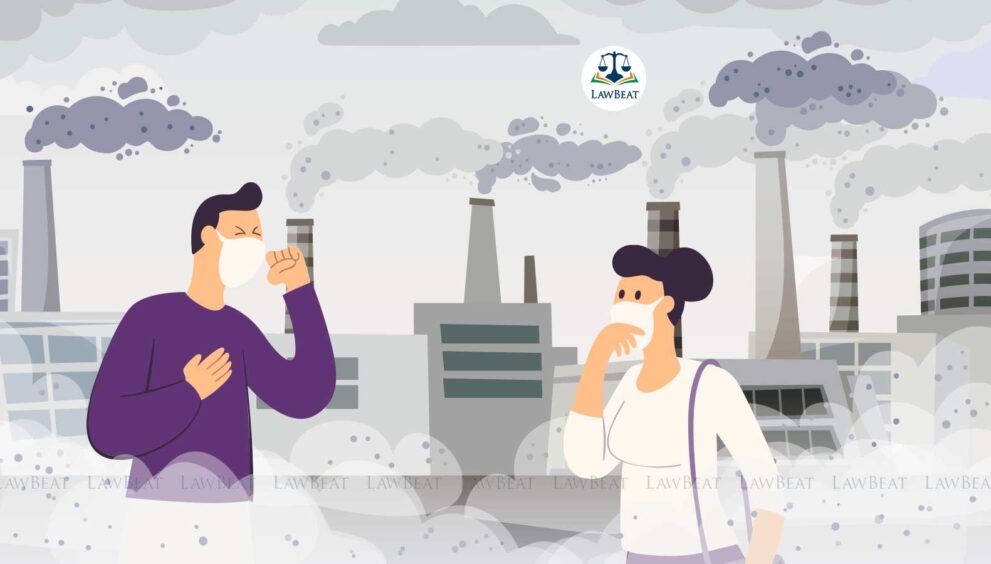Delhi Lags In Utilising Clean Air Funds, Spends Just One-third Of NCAP Grant

Over Rs 3,600 crore remains unused across cities as India targets 2026 air quality goals
Despite being one of the most polluted cities in India, Delhi has utilised only 32.65 per cent of the funds allocated to it under the National Clean Air Programme (NCAP), raising concerns about implementation bottlenecks and administrative apathy.
Government data shows that of the Rs 42.69 crore released to the national capital under the NCAP since its inception in 2019, just Rs 13.94 crore has been spent so far. Started as India’s first national framework to combat urban air pollution, the NCAP aims to cut particulate matter (PM10) levels by up to 40 per cent in 130 identified non-attainment cities by 2026, using 2019-20 as the baseline.
The problem is not limited to Delhi. Other National Capital Region (NCR) cities like Noida and Faridabad also report poor fund utilisation. Noida, in Uttar Pradesh, has spent only Rs 3.44 crore of the Rs 30.89 crore it received. Faridabad in Haryana utilised Rs 28.60 crore out of Rs 107.14 crore allocated.
In total, 14 cities and urban agglomerations across India have spent less than 50 per cent of the funds released to them under the NCAP, whether directly from the Ministry of Environment, Forest and Climate Change or through the 15th Finance Commission.
According to ministry data as of 27 May, of the Rs 12,636 crore allocated to 130 cities since 2019, about Rs 8,981 crore – just over 71 per cent – has been utilised. That leaves more than Rs 3,600 crore unspent as the 2026 deadline for achieving air quality improvements draws closer.
Of the 130 cities covered under the NCAP, 82 receive direct funds from the Union environment ministry, while the remaining 48 cities – mostly those with populations over one million – are supported via the 15th Finance Commission route.
With just a year left to meet the NCAP’s 2026 target, the Centre is likely to step up its monitoring of fund utilisation and project execution, even as civil society groups demand greater transparency and accountability.





























































































































































































































































































































































































































































































































































































































































































































































































































































































































































































































































































































































